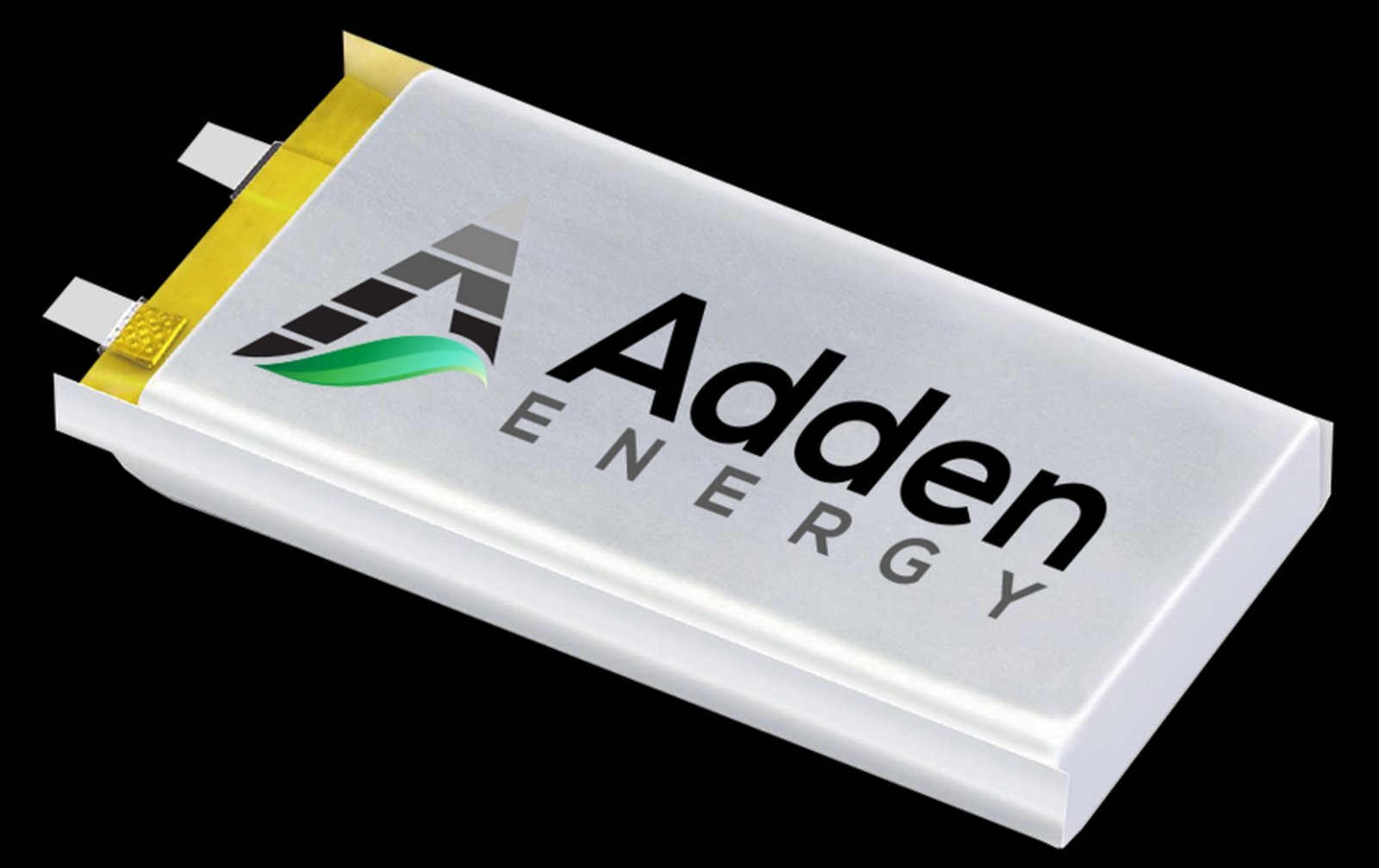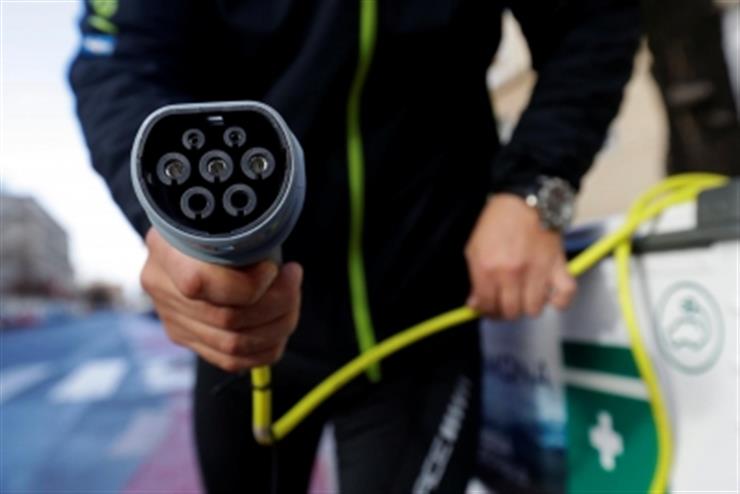
Adden Energy, a Harvard-backed startup, has developed a battery for electric cars that can charge in three minutes and last more than twice as long as current EV batteries, or 20 years.
To commercialize the game-changing battery, the startup has received $5.15 million in funding. Harvard’s Office of Technology Development has granted the technology an exclusive license, and the funding was led by Primavera Capital Group, with participation from Rhapsody Venture Partners and MassVentures.
Electrifying all global vehicles could reduce greenhouse gas emissions by 16%

After successfully demonstrating a coin-cell prototype with 5,000-10,000 charging cycles in a lifetime — as opposed to 2,000 to 3,000 charging cycles for the best-in-class batteries currently available — the startup will now advance the technology. The startup believes that the rapid development of clean energy storage technology is critical.
Adden Energy CEO William Fitzhugh hopes to appeal to the 37% of Americans who do not have garages and thus do not have access to at-home overnight charging for EVs.
According to various studies, electrifying all global vehicles could reduce greenhouse gas emissions by 16%.
“Complete electrification of the vehicle fleet is one of the most meaningful steps we can take to fight climate change,” said Fitzhugh.
“However, broad adoption of electric vehicles requires batteries that can meet a diverse set of consumer needs. EVs need to recharge at comparable times to internal combustion vehicles, essentially in the time you’d currently spend at the gas pump,” he said.
.“Electric vehicles cannot remain a luxury fashion, literally the ‘one percent’ of vehicles on the road, if we are to make progress toward a clean energy future, and the US won’t have a used-car market if EV batteries last only three to five years,” said Xin Li, an associate professor at Harvard and a scientific advisor to Adden Energy.
“Technology needs to be accessible to everyone. We don’t see any fundamental limit to scaling up our battery technology. That could be a game changer.”






